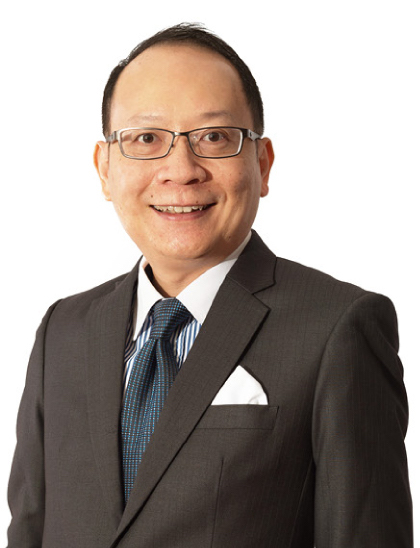
What is a Unit Trust?
The concept of a unit trust is essentially that of a potluck. Like a potluck, the event is organised by the host, and the meal consists of various dishes brought by the guests for all to enjoy. Now imagine swapping out the dishes for sums of money, the guests for the investors and the host for the fund manager, then you would have a unit trust, in essence.
Under a unit trust, money is pooled together from different investors into a single fund that is managed by a fund manager. The fund manager will then use their expertise to identify which assets are best to invest in, before creating a portfolio of assets. Such assets can include bonds, stocks, money markets and real estate investment trusts (REIT), depending on the composition and theme of the portfolio.

The Pros of Unit Trust Investment
There are multiple benefits of investing in a portfolio of assets through a unit trust. The first of which is the relatively obvious benefit of tapping on fund manager’s market knowledge, resources, and expertise. For the most part, fund houses to have access to a larger quantities of investment assets as well as the expertise and bandwidth to curate them.
Another benefit to unity trusts is an easy route to a well-diversified portfolio that you may not traditionally be able to build by yourself, either due to cost or resources. This means that you are able to start with a considerably small investment through either a monthly amount or lump sum to start investing whilst getting a well-diversified portfolio.
The Cons of Unit Trust Investment
While having the experts do the hard work on your behalf is certainly a positive, it does not come for free. Unit trust investments will require you to pay an annual fee to the fund manager, the amount of which varies according to their skill. Some unit trusts also charge exit fees, which may make it more difficult to liquidate your investment than had you invested directly. It is important, therefore, to consider these costs when choosing which unit trust you would like to invest in as they differ from product-to-product. To find out more, you are highly encouraged to speak to your financial adviser representative on finding out about these fees.
Another important factor to remember is also that funds are not principal or capital guaranteed. Unlike more conservative asset classes, this means whatever you invest is subjected to risks. You may want to consult your financial adviser representative on this too.
Conclusion
At the end of the day, unit trusts make up just one of an entire ecosystem of asset classes you can explore. If you are relatively new to the world of investment and are seeking a long-term investment, you may want to speak to a financial professional to help you establish a starting point. Furthermore, if you are drawn to the hands-off approach to investment, there are alternatives similar to unit trusts in that regard.
It is important to look at the individual products to see, firstly if they match your risk profile and secondly, if they are suitable for your time horizon.
TEAM EAGLE
Raymond Wong
Raymond is a born number-cruncher, having started his financial journey as a chartered accountant for a renowned Big 4 firm. However, he was left unfulfilled by the daily processing of numbers, longing instead to interact with people as he led them towards financial independence and success.
It was with this goal in mind that he embarked on a new path in finance – financial planning and consultancy. His desire to help people understand their finances and plan ahead led him to IPPFA, where he could focus on consultancy without the need to sell products or plans.
He strongly believes that wealth planning is essential to life, after all the cost of living is always going up. Seeing himself as a human GPS for his clients, he seeks to help them “avoid major financial catastrophes and can enjoy more during their golden years by building their nest eggs for them now”.

“This advertisement has not been reviewed by the Monetary Authority of Singapore”
Disclaimer Investments have investment risk. Past performance is not necessarily indicative of the future performance of an investment. Please seek advice from a Financial Adviser Representative before making any investment decisions.
IPP Financial Advisers Pte Ltd
78 Shenton Way #30-01 Singapore 079120 | Tel: +65 6511 8888 | enquiry@ippfa.com |
IPP Financial Advisers Pte Ltd
78 Shenton Way #30-01 Singapore 079120
Tel: +65 6511 8888 | enquiry@ippfa.com
